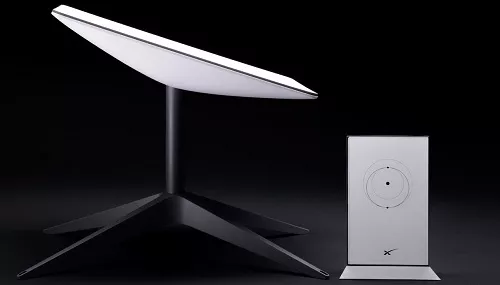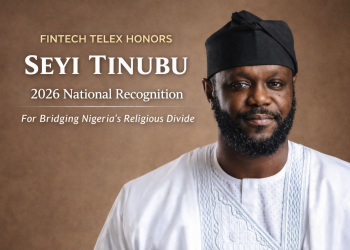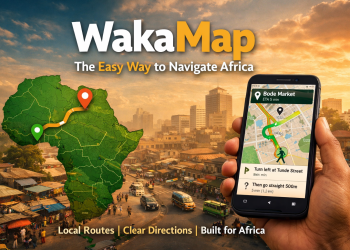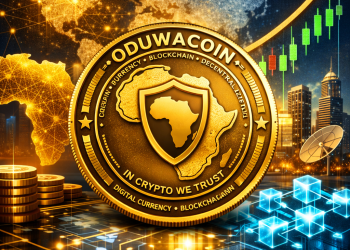Ghana joins other African countries to welcome Starlink with the sole aim of transforming the internet connectivity service amid the cable crisis affecting African countries.
Led by Communications Minister, Ursula Owusu, the government of Ghana has unveiled a strategic initiative aimed at licensing additional satellite internet providers.
This proactive step comes in response to the persistent disruptions in internet services caused by damage to undersea cables.
The announcement underscores the government’s commitment to addressing the challenges posed by interruptions in connectivity, which have far-reaching implications for various sectors, including business, education, healthcare, and communication infrastructure.
By expanding the licensing framework to include more satellite internet providers, Ghana seeks to enhance the resilience and reliability of its internet connectivity, mitigating the impact of cable damage-related outages.
This forward-looking approach aligns with the country’s broader digital transformation goals and efforts to promote technological innovation and inclusivity across all regions.
Furthermore, the move reflects a recognition of the critical role that internet services play in driving economic growth, fostering digital inclusion, and advancing sustainable development agendas.
As Ghana continues to position itself as a hub for technological advancement and digital opportunities, initiatives like licensing additional satellite internet providers contribute significantly to strengthening the country’s digital infrastructure and competitiveness on the global stage.
During the parliamentary briefing, Owusu shed light on the ongoing internet service disruptions and emphasized the need to provide a solution to avoid further disruption of businesses and day-to-day activities.
The licensing of Starlink was the alternative option provided by Ghana’s minister of information as she encouraged other operators to establish their presence in Ghana were presented as viable solutions to mitigate the impact of these disruptions.
Furthermore, the Minister highlighted the potential benefits of operationalizing RASCOM (Regional African Satellite Company), while advocating for a collaborative approach to satellite internet provision across African nations.
Also Read: Starlink’s Hardware Price In Nigeria Rises By 112%
What Does The Introduction Of Starlink Mean For Internet Connectivity Service In Ghana?
The authorization of more satellite internet service providers such as Starlink signifies a crucial stride in narrowing the digital gap in Ghana, especially the one experienced in the past few days.
This move, aimed at offering a dependable alternative to conventional broadband services, holds the promise of revolutionizing the realm of internet connectivity throughout the nation.
Not only does this initiative pledge to reinstate internet services promptly, but it also sets the foundation for a sturdier and more inclusive digital infrastructure in Ghana.
This approach not only enhances the resilience of the West African country’s digital ecosystem but also fosters greater accessibility to high-quality internet services, particularly in remote and underserved areas.
Moreover, the introduction of satellite internet providers like Starlink introduces competition and innovation into the market, driving improvements in service quality, affordability, and coverage.
This competition can stimulate advancements in connectivity solutions and drive down costs, making internet access more affordable and accessible to a broader segment of the population.
In essence, the licensing of additional satellite internet service providers represents a strategic move by Ghana to bridge the digital divide, empower communities with reliable connectivity, and position the country as a frontrunner in the digital revolution sweeping across the globe.
This decision is also expected to encourage economic growth, enhance educational opportunities, and improve access to healthcare through telemedicine, marking a significant milestone in the country’s digital transformation journey.
The disruption of internet service across Africa was initiated by the damage to international undersea cables running along the West African coastline. Countries like Nigeria, Ghana, Ivory Coast, Liberia, Benin and Burkina Faso.
Services have been restored in African countries like Nigeria, Liberia, South Africa and partially in Ghana.










